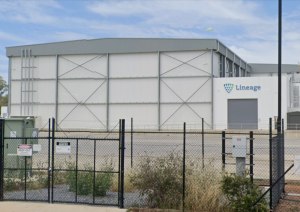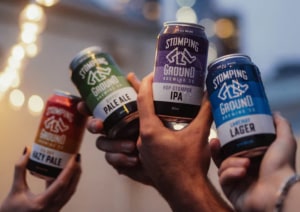Global hydrothermal liquefaction (HTL) specialist Licella has successfully conducted initial commissioning of its upgraded Cat-HTR (catalytic hydrothermal reactor) commercial-demonstration plant, which separates and sorts soft plastics to be repurposed into recycled oils and chemicals.
The Commercial Stage 1 (CS-1) facility represents the culmination of over 14 years of successful, steady R&D on the Cat-HTR HTL technology, which is a powerful decarbonation platform for producing high value, low-carbon products, such as renewable fuels and biochemicals.
The commissioning comes after Licella initially conducted a joint feasibility study to look at potential sites for the Cat-HTR. The study was conducted in partnership with recycler iQ Renew, polymer manufacturer LyondellBasell, supermarket retailer Coles, and brand owner Nestle. Through this partnership, Licella also helped to produce Australia's first ever soft plastics food wrapper made with recycled content for Nestlé's KitKat brand of chocolate bars.
CS-1 is co-owned with Canadian Forest Products (Canfor), a global leader in the manufacturing of sustainable forest products, through its joint venture Arbios Biotech. It is built around the core of Licella’s large pilot plant on the NSW Central Coast, utilising its commercial-scale Cat-HTR reactors.
The CS-1 facility represent a universal HTL platform that has the ability to process the widest range of post-consumer biomass residues and plastics in the world.
Dr Len Humphreys, Licella CEO, said the new CS-1 facility will be capable of producing up to 140 barrels of sustainable oil per day, a direct substitute for fossil crude – from post-consumer biomass and plastics.
“We believe that our upgraded Cat-HTR facility is the largest operational plant of its kind in the world today,” said Humphreys.
“The commissioning of CS-1 acts as the catalyst to support the growing commercial roll-out of our Cat-HTR technology globally. It is an exciting commercial milestone.”
While older thermal upgrading technologies, such as pyrolysis and gasification, were developed in a less carbon-constrained world, the Cat-HTR has been developed to retain as much carbon in its products as possible.
According to Humphreys, this results in a higher efficiency process that produces a high quality, stable and energy dense oil.
“By using water to control the thermo-chemical reactions, the Cat-HTR process operates at lower temperatures, using less energy, and retains more carbon in its products, compared to pyrolysis and gasification,” Humphreys explained.
“This makes the platform well suited to our carbon-constrained world.
“By comparison, pyrolysis and gasification are uncontrolled reactions, resulting in a significant percentage of carbon from the feedstock ending up as either solid char or CO2 gas.”
The Licella team have continued successful trial programs alongside the commissioning of the CS-1 facility.
By taking advantage of remote monitoring and video access, the team made significant technical progress in a Covid-constrained environment, enabling Licella and its global partners to make significant commercial progress.





